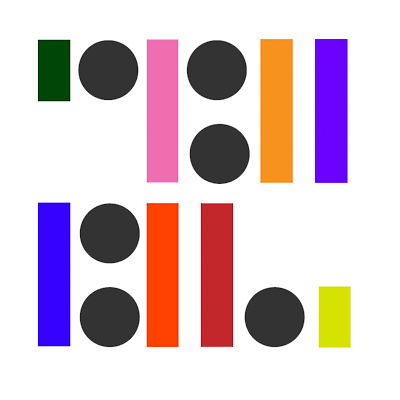interview with whitefeather
Multiple award-winning Canadian artist, scholar, former founding member and Principal Investigator of the Speculative Life BioLab, WhiteFeather Hunter, was recently interviewed by researcher Kit Kuksenok about her upcoming class Bioart Coven; a course that aims to teach new practices of bioart, technofeminism and transhacktivism.
Some of the aims of your course are to learn do-it-together spellcasting, and practice spell co-authorship. What inspires you to teach collaborative (bio)technofeminist witchcraft?
My teaching style has always been non-hierarchical, and my belief is that each 'student' brings their own lived expertise to the table. This respect for lived expertise and for flat structuring (collaborative versus top-down instruction) is how I see feminism functioning in knowledge sharing - a way of respecting knowledge from intersecting perspectives. That's the atmosphere I work to foster in all of my work, whether it is through teaching/sharing or through collaborative projects in my own art practice. It's also an attitude that has served me well in working with microorganisms through biotechnology, by observing what microorganisms already know how to do and directing my (and their) efforts accordingly. This kind of 'manipulation' is how magic is made.
How has your experience with (and relationship to) biotechnologies changed over time?
My relationship with biotechnologies has advanced over time in terms of my respect for the work that scientists do and the limitations they face. While I always approach science from a critical perspective as a technofeminist, particularly with regards to the role that capitalism plays in the kinds of science that get promoted, my understanding has become much more nuanced in recent years. I have a greater understanding of what kind of social privilege I bring to the lab as an artist, as a free agent, and the open playground that biotechnologies are for me. Understanding that privilege has enhanced my perspective about the kinds of stumbling blocks scientists face in their research, and the kinds of boundaries I need to be clear about going forward with my own research.
What interspecies relationships have impacted your work? Does the world of (bio)technofeminist witchcraft include familiar relationships with non-humans, and if so, what is that like?
My current independent research, inspired by a recent workshop with Mary Maggic, is an investigation of interspecies attraction. I learned a DIY method of hormone extraction from Mary, and so created a concentrated ovulation pheromone spray from my own urine. It just so happens that where I've been living for the past six weeks is deep in the woods, but a strange woods: it is an Eastern white pine monoculture, and so incredibly sparse in some species of wildlife (like birds, who need hardwoods for nesting), while other species are thriving. The thriving species include coyotes and snowshoe hares (coyote food). The coyotes are very close - I have seen them, seen their tracks everywhere around me in the snow (following my footpaths around the property, tracking the perimeter of the house, etc.), heard them howling very nearby at night, have seen their eyes glowing a blazing white at me from the edge of the woods just across the yard, and captured them on the trail camera I've installed in the woods. In a sense, we have been curiously circling each other. So, I decided to use the ovulation pheromones to see if they would be attracted or repelled. I plan to spray the pheromone solution on the trunk of a tree, about at coyote nose height (or piss height, whichever) and set up the trail cam on an adjacent tree to see how they respond. Perhaps they'll perceive it as a territory marker, but I like to think that we are living here sympatico. I do see them as my familiars at this point.
The last thing I want to ask about is working with materials from one's own body as, one's own "wild" samples. You've brought up the magic that is made from honoring the lived expertise of others (both human and nonhuman) - so I'm curious, how does working with one's own fleshy substance enter into this magic-making? How do you relate to these materials - as substrate for the micro-organism other, as an extension of yourself, as neither, as both?
My relationship with my own body is one of inherently lived expertise. My familiarity and knowledge of how the 'wild' samples taken from my own fleshy being behave, lend me an ability to understand how they might best work with extraneous beings and materials, at least enough to predict and hypothesize about it. The art of making such interspecies relationships manifest into something productive is where the magic lies, and the better the knowledge base, the more likely the magic to occur! In this sense, magic is just feminist science in action.
Bioart Coven takes place 10. Feb - 10. Mar every Wednesday from 7-9pm CET. To reserve your spot visit: https://www.eventbrite.com/e/bioart-coven-tickets-133770096961

